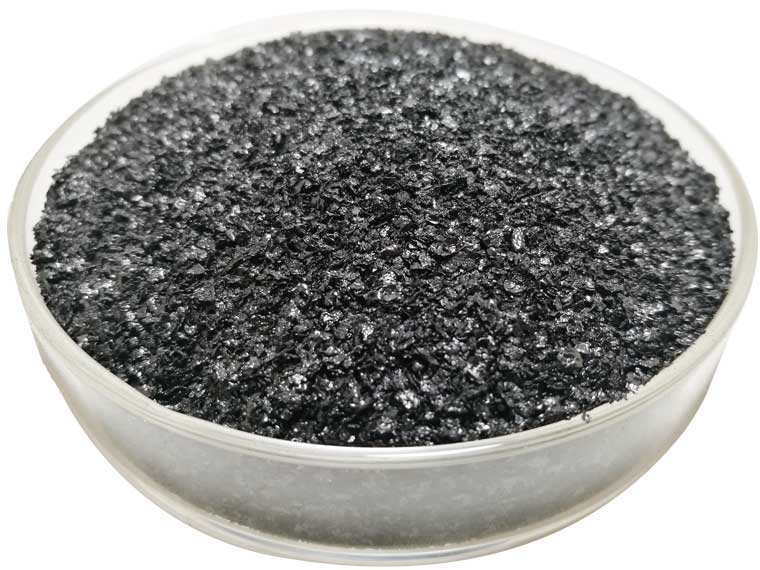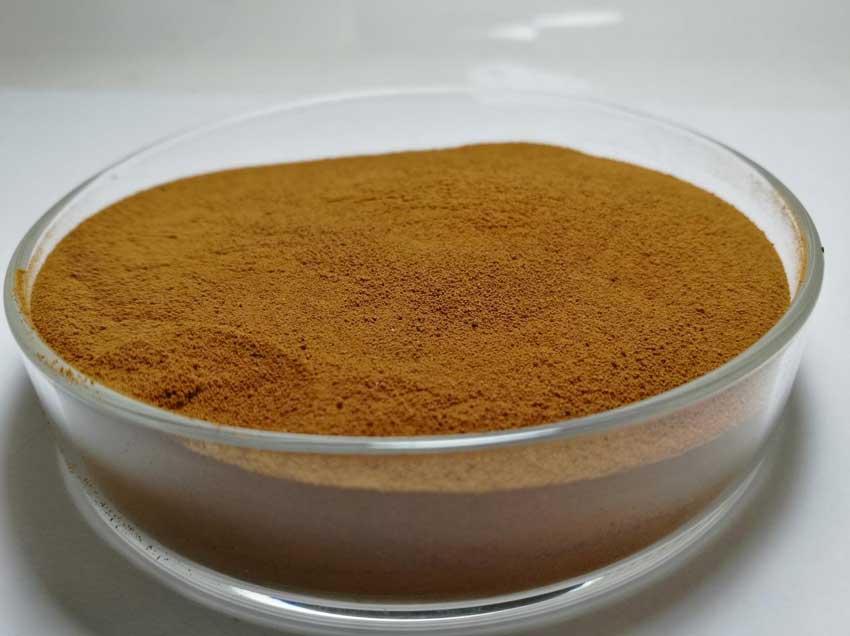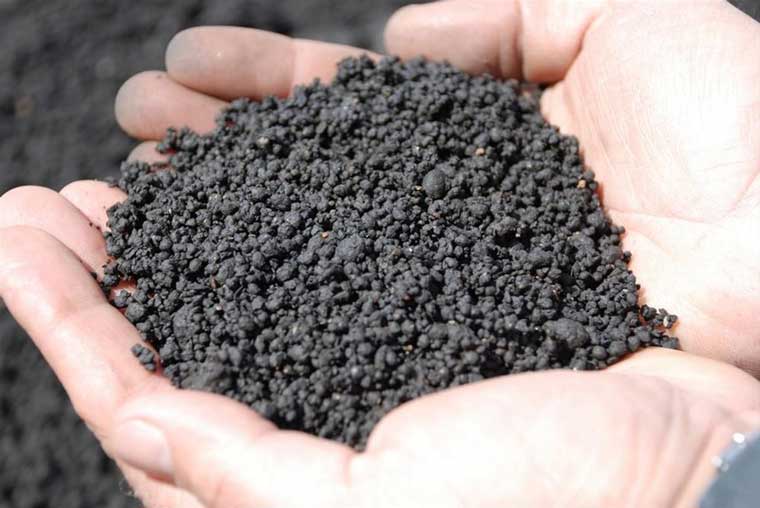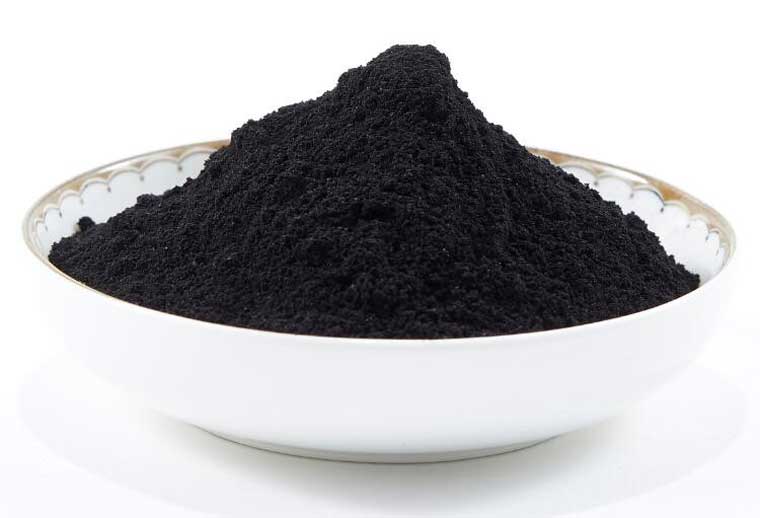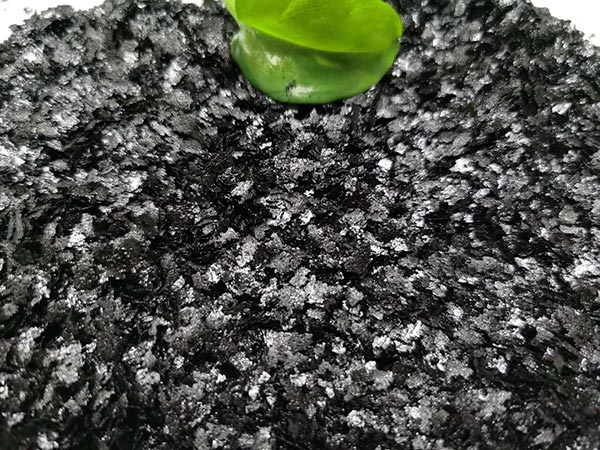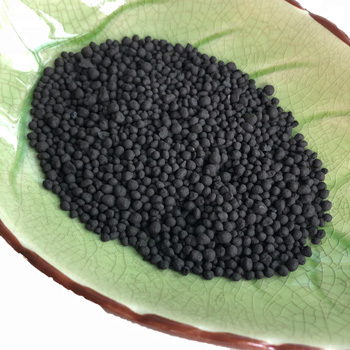Difference between mineral potassium humate and biochemical potassium humate (II)
This article continues to explain the difference between mineral potassium humate and biochemical potassium humate: Different extraction methods A. Mineral potassium humate extraction method Mineral potassium humate extraction method 1: Alkaline extraction method, 80%-90% of manufacturers are using it, so its finished products are mineral humates, such as: mineral potassium humate, mineral sodium humate, mineral […]
Difference between mineral potassium humate and biochemical potassium humate (II) Read More »

